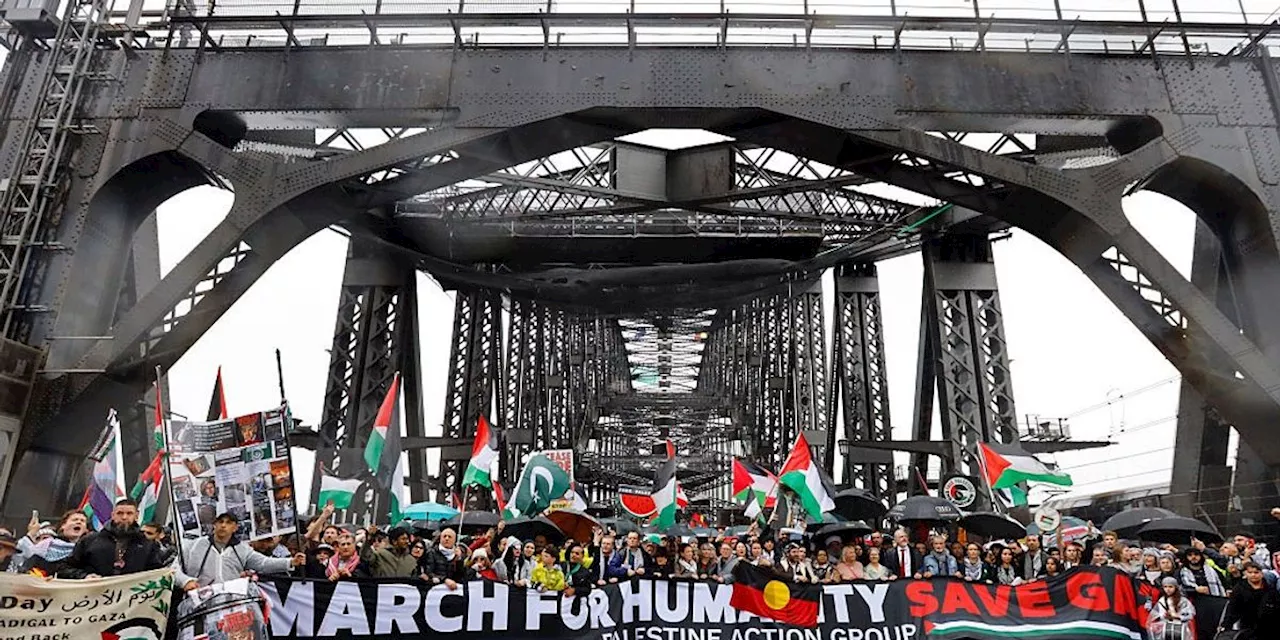The recent gathering known as the People’s Conference for Palestine has raised significant attention for its underlying motives, which critics argue extend beyond the stated goal of Palestinian advocacy. Many analysts contend that the event is part of a broader strategy aimed at diminishing American influence in the Middle East rather than promoting peace in Palestine.
Held in October 2023, the conference attracted representatives from various Islamic organizations and political factions. While the official narrative centers on rallying support for the Palestinian cause, observers noted a distinct focus on criticizing the United States and its policies in the region. This shift in dialogue has sparked concern among policymakers and analysts who view it as a potential realignment of alliances.
The conference featured speeches from prominent figures advocating for a unified front against perceived Western imperialism. Participants emphasized the need for solidarity among Islamic nations, framing their struggle as a necessary response to external pressures and interventions. For some attendees, the long-term vision outlined during the conference suggests a thirty-year plan for increasing Islamic influence in global affairs.
Among the key themes discussed was the rejection of Western intervention in Muslim-majority countries. Speakers portrayed the United States as an obstacle to peace and stability in the region, urging attendees to foster independence from American influence. This perspective resonated with many participants, reflecting a growing sentiment that challenges the traditional diplomatic relationships established over decades.
The implications of this conference extend beyond rhetoric. Analysts point to a potential shift in how Islamic organizations engage with global politics, particularly in their interactions with Western nations. By positioning themselves as defenders of the Palestinian cause while simultaneously challenging U.S. authority, these groups may be setting the stage for a more confrontational approach to international relations.
In the weeks following the conference, discussions among political leaders in the U.S. and Europe have intensified. Lawmakers are examining the potential repercussions of this emerging narrative, particularly concerning foreign aid and military support to nations in the Middle East. Many are questioning whether traditional alliances will hold firm in the face of this new ideological campaign.
In conclusion, while the People’s Conference for Palestine publicly advocates for Palestinian rights, its implications for U.S. foreign policy and the broader geopolitical landscape are significant. As discussions continue to unfold, the long-term consequences of this gathering will likely shape the dynamics of Middle Eastern politics for years to come. The world watches closely as these developments unfold, uncertain of how this new chapter in Islamic political strategy will influence global relations.
